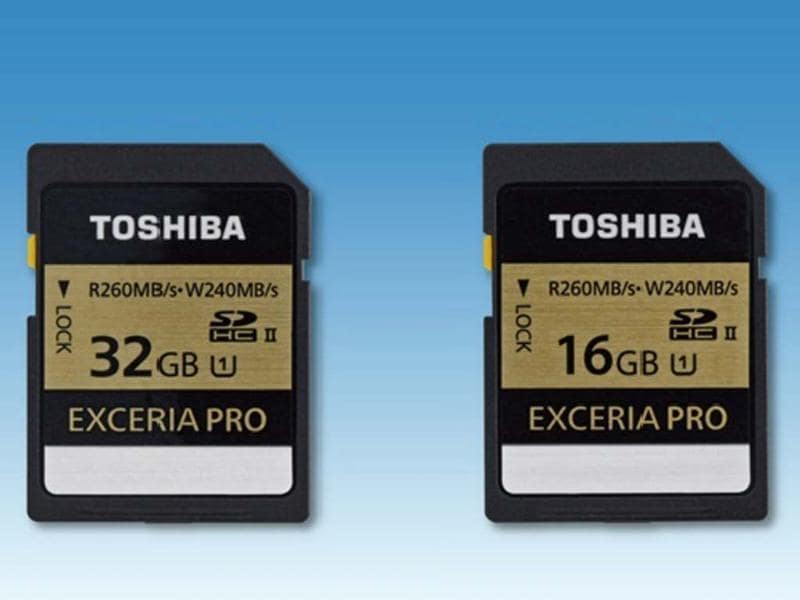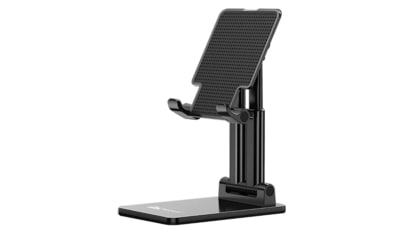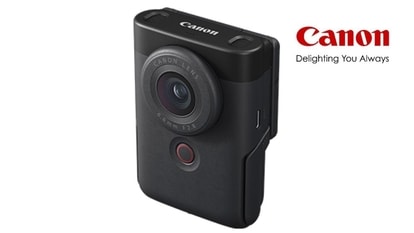Playing your memory cards right
Toshiba and ScanDisk have both unveiled "world's fastest" memory cards to meet the demands of shooting HD video and expanding the performance and use of mobile devices.

Toshiba and ScanDisk have both unveiled 'world's fastest' memory cards to meet the demands of shooting HD video and expanding the performance and use of mobile devices.
The humble SD Memory card has never been in greater demand. With the exception of iPhones, iPads and Google Nexus products, pretty much every mobile and not-so-mobile consumer device the world over has a microSD or full-sized SD Card slot for expanding its memory.
And while any make of card is fine for storing music or documents, finding a card capable of working fast enough to capture HD video or bursts of still images in RAW, rather than compressed, jpeg format is not so simple.
The Toshiba EXCERIA PRO, announced on Tuesday and destined for launch in October, is a full-sized SD Card developed for high-end DSLP and mirrorless cameras and as such can write data at an incredible speed of 240MB a second, which Toshiba claims is a world first.
Being able to capture data at such intense speeds means that they can not only record HD video but also support 4K or ultra-high definition video recording, something that is slowly rolling out as a feature on premium devices but is expected to become a mainstream feature, even of flagship smartphones by the end of 2014.
Being able to work at such a high rate also makes them ideal for fast bursts of professional photography. Simply hold the shutter button down and know that there will be no lag between the aperture closing and opening again as the data is pushed from a camera's image sensor and onto the card.
And while this is all well and good for professional and hobbyist photographers, there are very few if any smartphones and tablets on the market that support a full-sized SD Card slot. It is always MicroSD.
For this reason, SanDisk -- inventor of the SD Card -- has been focusing its efforts on packing as much performance as possible into the SD Card's diminutive brother.
Its SanDisk EXtreme microSDHC and microSDXC cards announced on July 9, have been specifically developed to help smartphone and tablet owners squeeze the most out of their devices in terms of multimedia performance. The SDXC card can capture data at speeds of up to 50MB a second and can be read at speeds of 80MB a second -- both records for the micro format -- making them suitable for capturing full HD video and burst photography as well as for smooth streaming of films and music on devices.
SanDisk also claims that these speeds are also good enough to support 4K UHD recording and playback in smaller devices. The cards are also available with up to 64GB of storage which SanDisk says is to ensure that Android device owners can make the most of their phones and tablets (Android phones often come with as little as 8GB of internal storage and an average of 16GB).
'Most high-end smartphones are now driven by high-speed quad-core processors, which deliver Full HD content and applications to large, high-resolution external displays. Such applications require high memory bandwidth,' explains Stuart Robinson, director, handset component technologies service, Strategy Analytic.
However, this capacity and performance comes at a price. The 64GB SanDisk Extreme microSDXC, which is waterproof, dustproof, shockproof and x-ray-proof, retails for $199.99.
Toshiba's EXCERIA PRO cards will be available in 16GB or 32GB formats and will go on sale initially in Japan in October. The company is yet to confirm pricing.
Catch all the Latest Tech News, Mobile News, Laptop News, Gaming news, Wearables News , How To News, also keep up with us on Whatsapp channel,Twitter, Facebook, Google News, and Instagram. For our latest videos, subscribe to our YouTube channel.

























